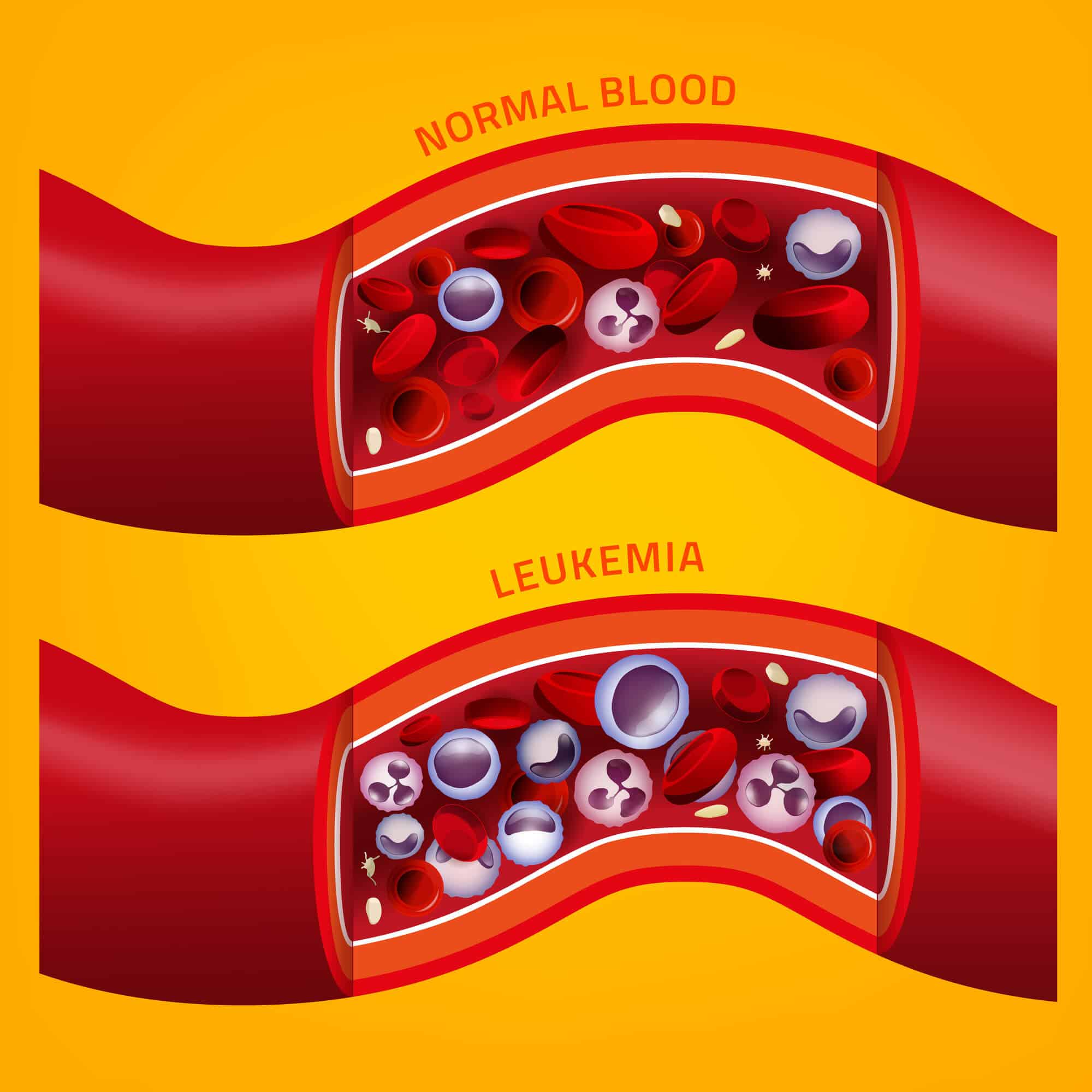In a study conducted on blood samples from patients and those recovering from leukemia, unique sequences were found that control genes that contribute to the spread of the disease. "By investigating these genes we can learn how to prevent the disease from progressing and even develop future drugs to prevent it"

In the process of editing the genes in our body, genes evolve to produce different proteins suitable for the function of the cell. Sometimes the process goes wrong and then a normal gene can produce a protein with a function that promotes diseases - such as cancer. In recent years it has been discovered that sequences distant from the gene can affect the gene and thus cause malfunctions. These areas in the DNA are called "promoter sequences" and have the ability to influence the amount of protein that will be produced from it. A change in the structure of the promoter sequences can cause overactivity of cancer cells and the creation of high amounts of protein that will cause the cells to divide rapidly and thus increase the progression of the disease.
The study, recently published in the journal NAR Cancer, was conducted at the Faculty of Medicine of the Hebrew University, in the laboratory of Dr. Maayan Salton, by the student Sarah Dahan, in collaboration with Dr. Shlomo Elias, a physician at the Hadassah Ein Kerem Hospital. The study discovered a new mechanism that causes blood cancer of the chronic myeloid leukemia type, which proved that the promoter sequences also produce a protein that is active in the formation of blood vessels and therefore causes the cancer to progress more rapidly and violently. With the help of an understanding of these processes, it will be possible to control the development of those blood vessels and thus also control the development of the disease itself.
The discovery was made possible thanks to blood samples from people recovering from leukemia that were tested during the disease and after recovery from it. Over the course of six months, several samples were taken from 12 leukemia patients at different stages of the disease, until they were cured of it. The researchers focused on the change processes of a specific gene, which has a decisive effect on the form in which the disease develops - the gene helps to create blood vessels inside the bone marrow and thus contributes to the spread of the disease in all parts of the body.
Dr. Ma'ayan Salton added on the subject that "editing genes is an important process in all the cells in our bodies which is carried out naturally. Our work advances the understanding of the gene editing mechanism and leads us to discover the processes that go wrong in cancer. In the future, this understanding can help us find drugs that will stop the growth of cancer cells."
For publication the research
More of the topic in Hayadan:
- Is it possible to identify, already in the initial diagnosis, signs that the cancer is going to return?
- New research shows that the most common cancer in children may be preventable
- A "horror balance" between a normal gene and its mutation, is responsible for some cases of leukemia
- A breakthrough Israeli study in the treatment of the spread of leukemia to the brain
